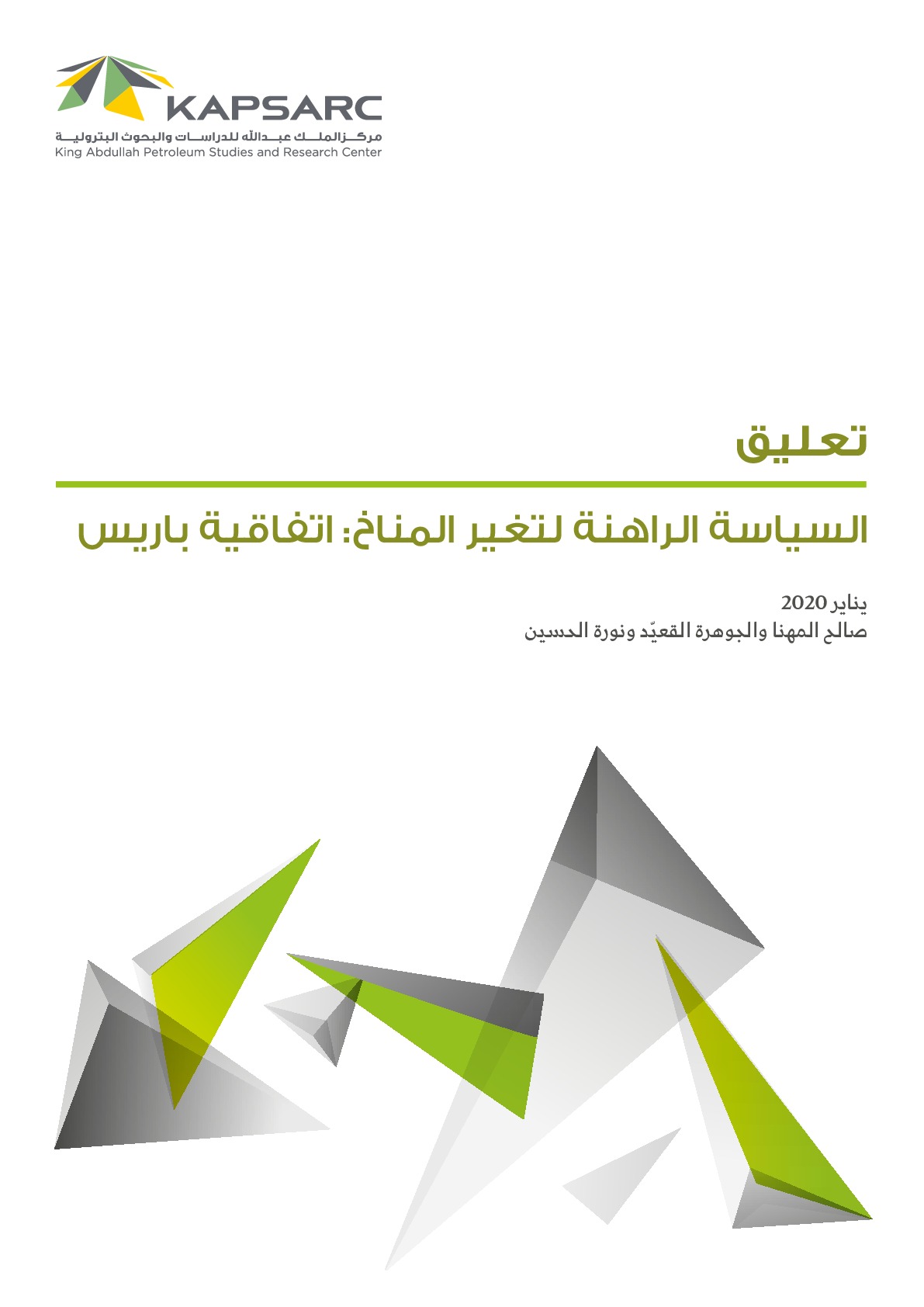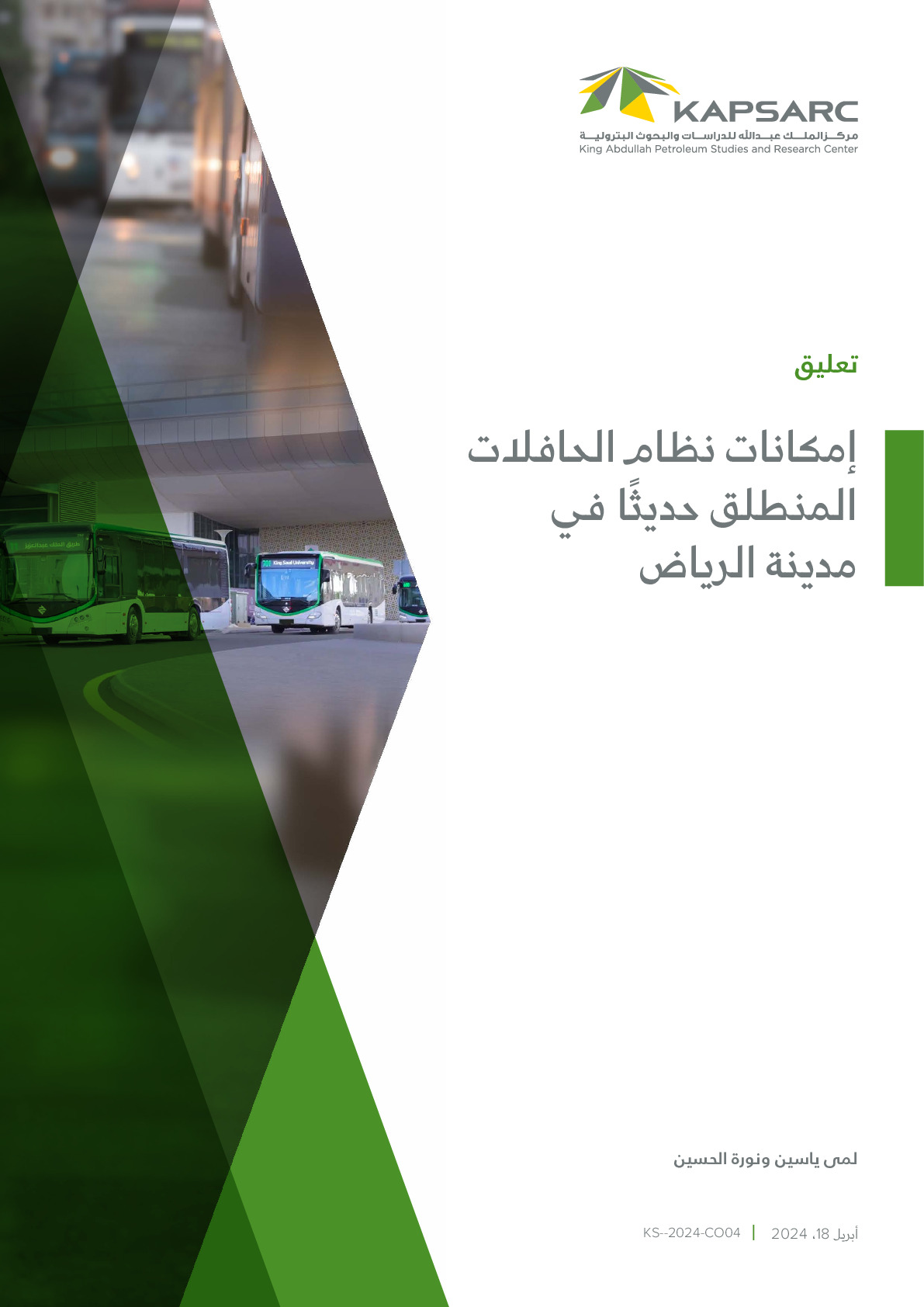لكونها اقتصادًا ناشئًا، فإن جزءًا كبيرًا من مساهمة الهند المحددة وطنياً بموجب اتفاقية باريس يهدف إلى تقليل كثافة الانبعاث. وبالنظر لسياساتها الحالية، فإن الهند في طريقها لتحقيق أهدافها المناخية وفق هذه الاتفاقية. ومع ذلك، يجب على الحكومة الهندية أن توازن بين مجموعة معقدة من الأولويات والقيود المحلية التي تقف في مواجهة رغبتها لتصبح رائدة عالميًا في مجال تغير المناخ. هذه الدراسة المستندة إلى الأبحاث الميدانية في الهند تنظر إلى عددٍ من النقاط الرئيسة المستنتجة من مجموعة من المقابلات بشأن تنفيذ وتعزيز المساهمة المحددة وطنيًا للهند.

زميل باحث- النقل والبنية التحتية
خبير في مجال الطاقة ولديه أكثر من سبع سنوات من الخبرة في مجالي النقل والكهرباء. ويقود مشروع دور سياسات الطاقة…
خبير في مجال الطاقة ولديه أكثر من سبع سنوات من الخبرة في مجالي النقل والكهرباء. ويقود مشروع دور سياسات الطاقة النظيفة: الاتجاهات في قطاع النقل في الهند، إذ يهدف إلى تقدير الطلب على طاقة النقل في الهند والأثر المحتمل على سلسلة إمدادات النفط الخام. تشمل خبراته سياسات الطاقة، واقتصاديات الطاقة، ونمذجة النقل، وتحليل أثر سياسات النقل، والاقتصادات الناشئة، وتحولات الطاقة، والطاقة المتجددة، وتحليل التكاليف والفوائد لقطاعي النقل والكهرباء. وقد ألف وساهم في العديد من الأوراق والدراسات البحثية المتعلقة بقطاعي النقل والكهرباء.
الخبرات
- تحليل السياسات، نمذجة الطلب على النقل، النقل المستدام، تحولات الطاقة النظيفة، الطاقة المتجددة، تغير المناخ
الإصدارات عرض جميع الإصدارات ياغافالك بهات
Fueling India’s Mobility Transition: A Life Cycle Perspective on Passenger Road Transport Options
لكونها اقتصادًا ناشئًا، فإن جزءًا كبيرًا من مساهمة الهند المحددة وطنياً بموجب اتفاقية باريس يهدف…
30th سبتمبر 2024Climate and Cost Analysis of SUVs in Saudi Arabia A Life Cycle Analysis Approach
لكونها اقتصادًا ناشئًا، فإن جزءًا كبيرًا من مساهمة الهند المحددة وطنياً بموجب اتفاقية باريس يهدف…
30th سبتمبر 2024






